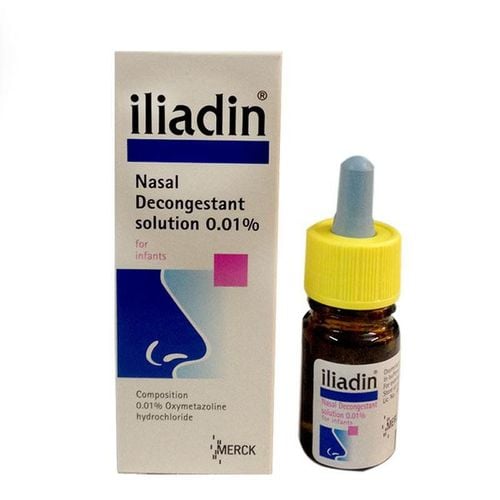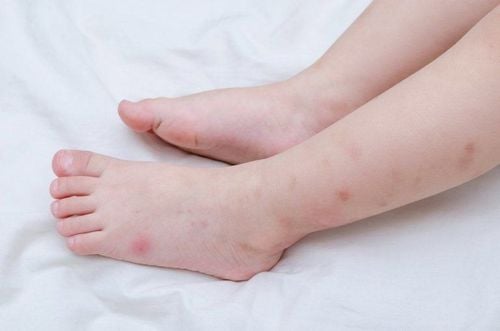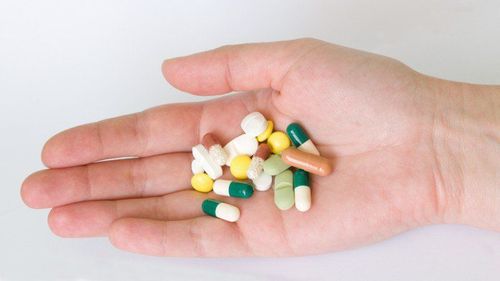Posted by Pharmacist Dinh Thi My Hanh - Faculty of Pharmacy - Vinmec Central Park International General Hospital.
Tiffy medicine is used to relieve symptoms of common cold symptoms such as nasal congestion, fever, pain, and allergic rhinitis. Here are the important information you need to know when using Tiffy.
1. Formulation and Presentation
Tiffy is available in 2 forms:
- Tablet form: Packaged in strips containing 4 tablets, each tablet of Tiffy contains: Paracetamol 500 mg, Phenylephrine HCl 10 mg, Chlorpheniramine Maleate 2 mg.
- Syrup form: Available in 30ml and 60ml bottles. Each 5ml of syrup contains: Paracetamol 120 mg, Phenylephrine HCl 5 mg, Chlorpheniramine Maleate 1 mg.
2. Ingredients
The main ingredients of Tiffy include:
- Paracetamol: a non-steroidal drug that relieves pain and reduces fever.
- Chlorpheniramine: an H1 histamine receptor antagonist, commonly used to treat allergic conditions.
- Phenylpropanolamine: treats diseases of rhinitis, stuffy nose by constricting blood vessels.
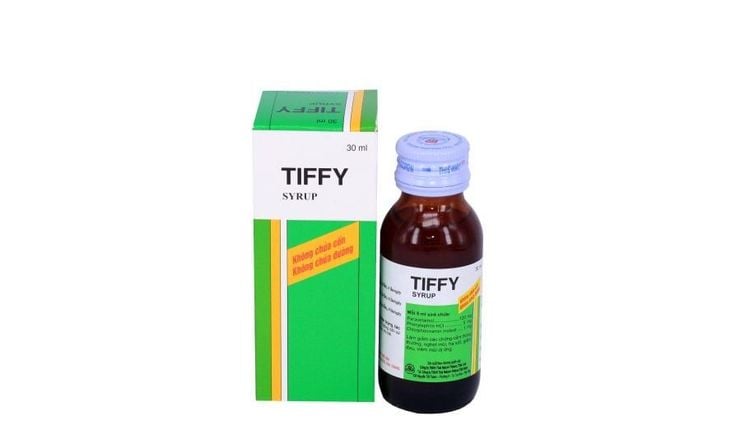
3. Indications
Tiffy medicine is used to relieve symptoms of common cold, stuffy nose, reduce fever, relieve pain and allergic rhinitis.
4. Contraindications
Tiffy drug is contraindicated in the following situations:
- Hypersensitivity to any of the ingredients of the drug
- Individuals with severe hepatic or renal impairment
- Patients diagnosed with hyperthyroidism or hypertension
- Individuals with coronary artery disease
- Patients currently using tricyclic antidepressants or monoamine oxidase inhibitors (MAOIs).
5. Dosage
Tiffy syrup
- Adults: 10ml/dose
- Children 1 month - 3 years old: 2.5ml - 5ml/dose
- Children from 3 to 6 years old: 5ml/dose; Children from 6-12 years old: 5-10ml/dose.
Note, that each dose should be spaced 4 to 6 hours apart.
Tiffy tablets
Adults:
- Quantity: 1 - 2 tablets/dose;
- Frequency:2-3 times/dose,.
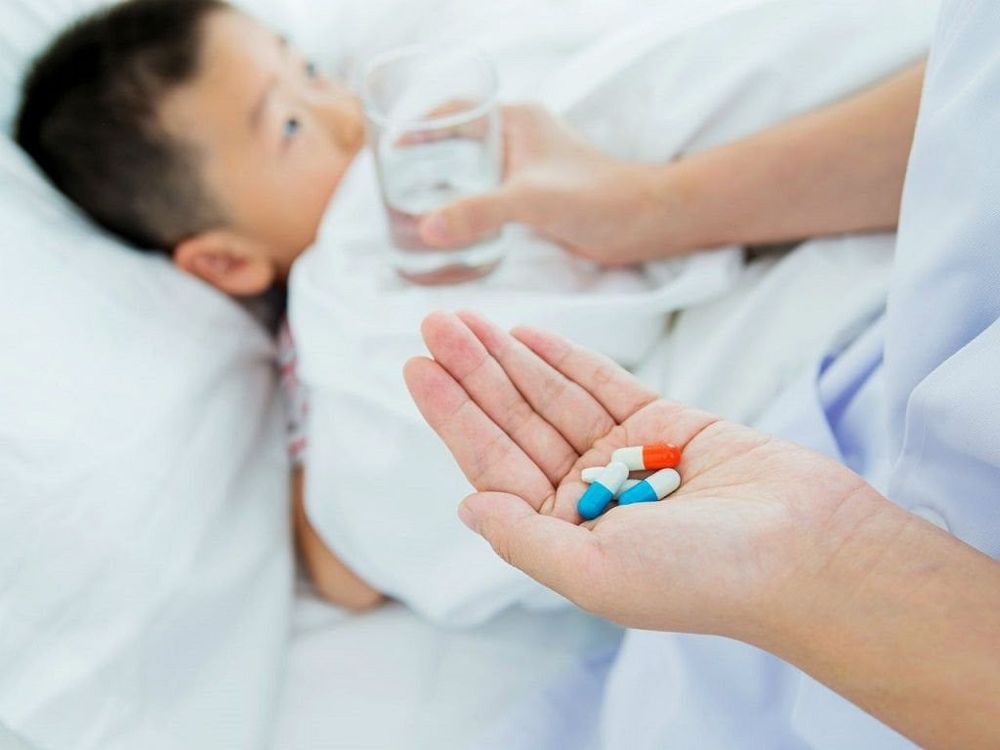
Young children:
Quantity: 1⁄2 tablets/time
Frequency: 2-3 times/day.
Note: In the situation of a suspected overdose or the onset of unusual symptoms, seek immediate medical attention. If symptoms do not improve after a period of use, discontinue the medication and consult a doctor for further evaluation.
6. Things to note when using Tiffy
6.1 Caution
Tiffy should not be used by the following groups: Pregnant or breastfeeding women; Heart disease, diabetes, glaucoma, prostatic hyperplasia, or bronchial asthma. Driving or operating machinery.
6.2. Side effects
Tiffy, used for treating colds and flu, may cause the following side effects:
- Drowsiness;
- Dizziness;
- Dryness of the mouth and throat;
- Skin rash;
- Difficulty in urination.
Note: The occurrence of side effects depends on individual health conditions and susceptibility. Patients should inform the doctor if any discomfort or adverse reactions occur to ensure timely management.

6.3. Drug interactions
Tiffy may interact with the following substances, leading to potential health risks:
- Alcohol and alcoholic beverages;
- Anticoagulants;
- Tricyclic antidepressants and monoamine oxidase inhibitors (MAOIs);
- Other antipyretic medications.
Users shouldn’t combine Tiffy with these drugs without consulting a doctor. If you are currently using any of the above medications, consult the doctor before taking Tiffy.
To schedule an appointment and receive treatment at Vinmec International General Hospital, please contact the Vinmec Healthcare System Hotline nationwide or register for an online consultation HERE.
References: MIMS, Thai Nakorn Patana Co. Ltd.




